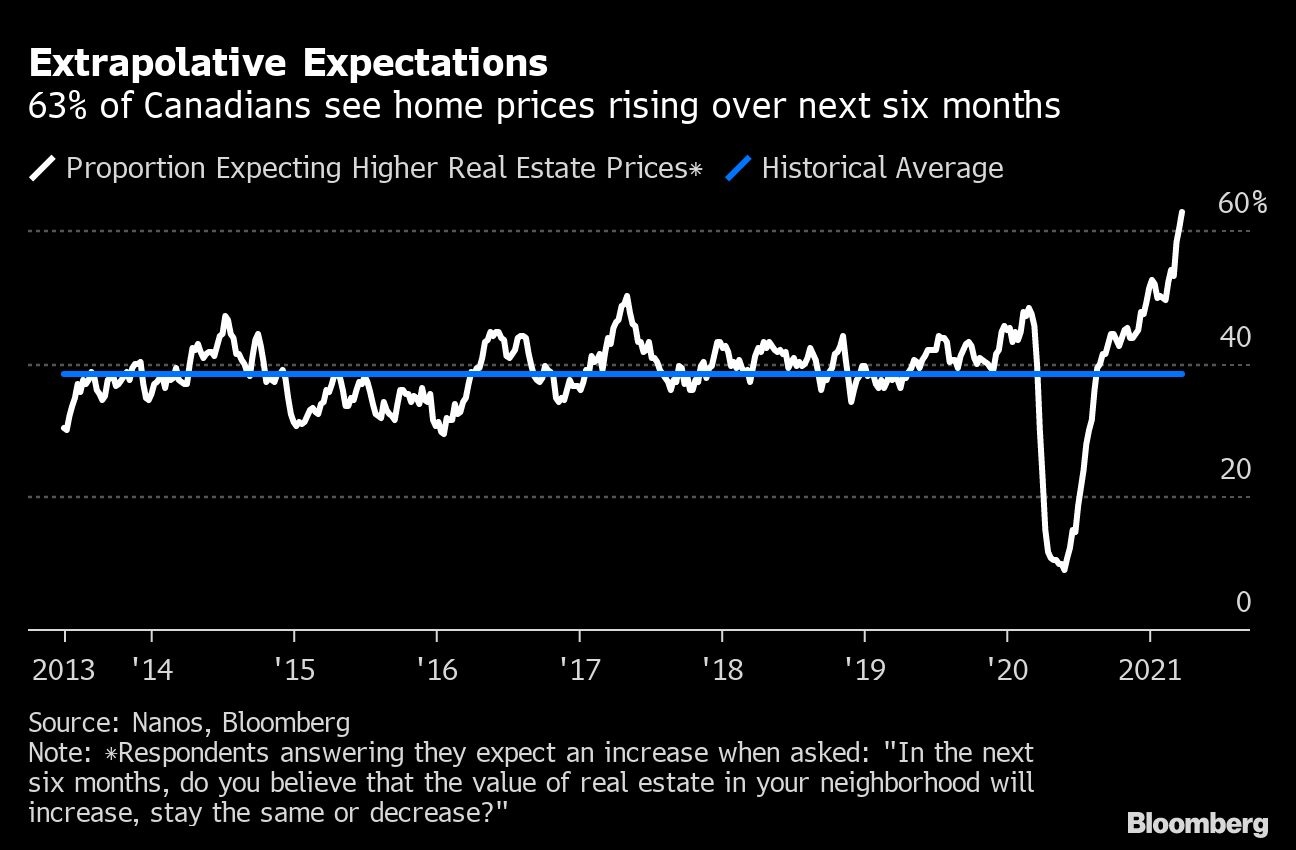
Bankers Doing Bond Deals Caught Out by New Era of Issuer Clauses
Message to bond underwriters: Some big customers are sizing up your ESG credentials.
Latest Videos
The information you requested is not available at this time, please check back again soon.

Message to bond underwriters: Some big customers are sizing up your ESG credentials.

Joe Biden’s allies are racing to blunt the presidential campaign of Robert F. Kennedy Jr., casting his third-party effort as a stalking-horse bid designed to boost Donald Trump’s chances — even as his wide-ranging policy positions make him a threat to both.

Chengdu, a major city in the southwest China, removed home-buying curbs, joining dozens of peers in the country in an attempt to revive real estate demand and boost economic growth.
China Vanke Co. made a rare response to Moody’s downgrade last week, citing support from financial institutions and its biggest shareholder.

Billionaires who built their fortunes rolling out wireless networks when debt cost almost nothing are seeing their wealth crimped by higher borrowing costs and caution among money managers on the outlook for the industry.
Mar 31, 2021
, Bloomberg News
The Bank of Canada is seeing “worrying” signs that some Canadians are taking on too much debt to buy into the nation’s hot housing market.
In an interview with the Financial Post, Governor Tiff Macklem said there is evidence that loan levels relative to home values are growing -- an indication that some borrowers could be overextending. He also warned people have begun to make purchases based on the belief prices will continue rising.
“Canadians are stretching and that is worrying.” Macklem said. “If Canadians are basing their decisions on the kinds of price increases that we’ve seen recently are going to continue indefinitely, that would be a mistake. They’re not sustainable.”
At the same time, Macklem indicated the central bank can do little given interest rates need to stay low to support the recovery.
His comments come amid increasingly urgent calls from economists for policy makers to cool the market. Over the past week, the Bank of Montreal’s Robert Kavcic and Robert Hogue at Royal Bank of Canada have issued reports warning officials they need to take steps to break the psychology of expecting continued gains in real estate. The ultimate concern is that rapid price appreciation could be destabilizing.

Among policies being suggested are taxes targeting speculators like the one implemented in New Zealand this month, or an end to the longstanding and popular tax exemption for capital gains on primary residences. Another idea getting attention is the elimination of blind bidding for homes that some analysts say unnecessarily inflates prices.
Both Kavcic and Hogue also identified a lack of housing supply as a major driver of the recent run up in home values.
Prime Minister Justin Trudeau’s government plans to introduce a tax on foreign non-resident home owners. Finance Minister Chrystia Freeland said last week she is watching the market closely, without detailing any specific intent to take additional action.
Last week, Canada’s national housing agency added three more cities to its list of markets highly vulnerable to a sharp price drop, including Toronto. Canada Mortgage and Housing Corp. also said the recent broad-based price appreciation means overheating risks are now a national phenomenon, rather than isolated to a few major metropolitan areas.